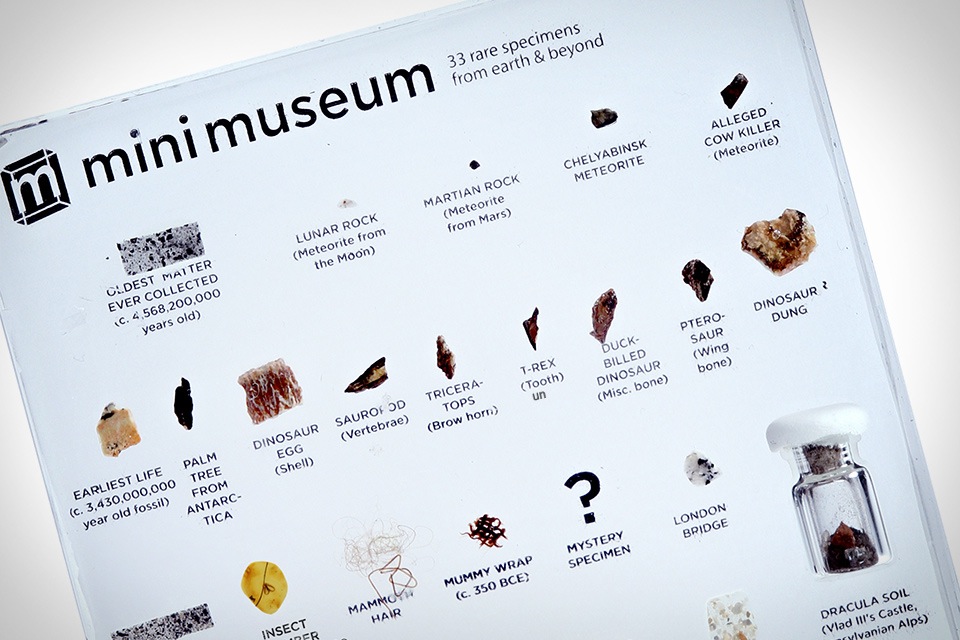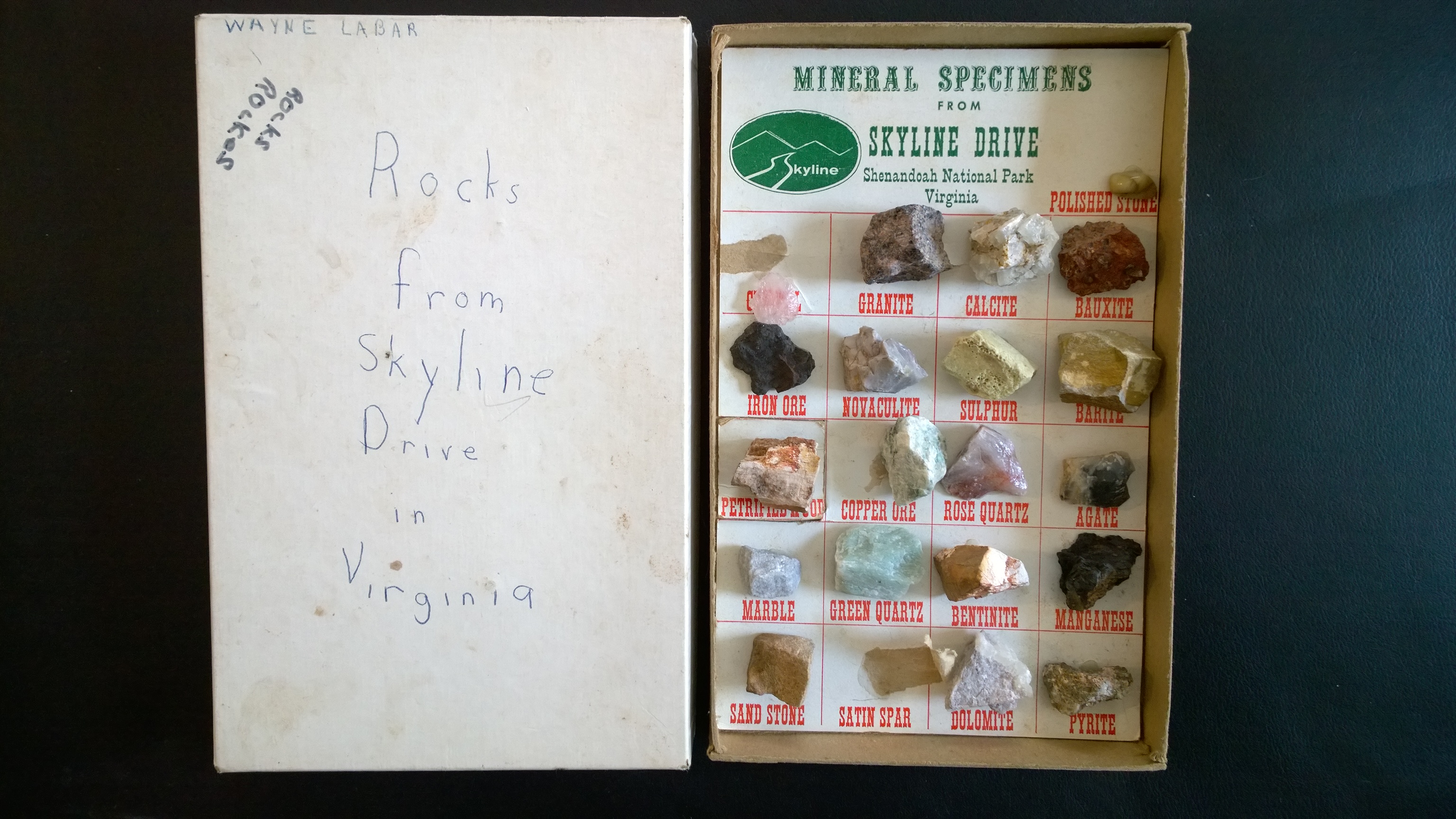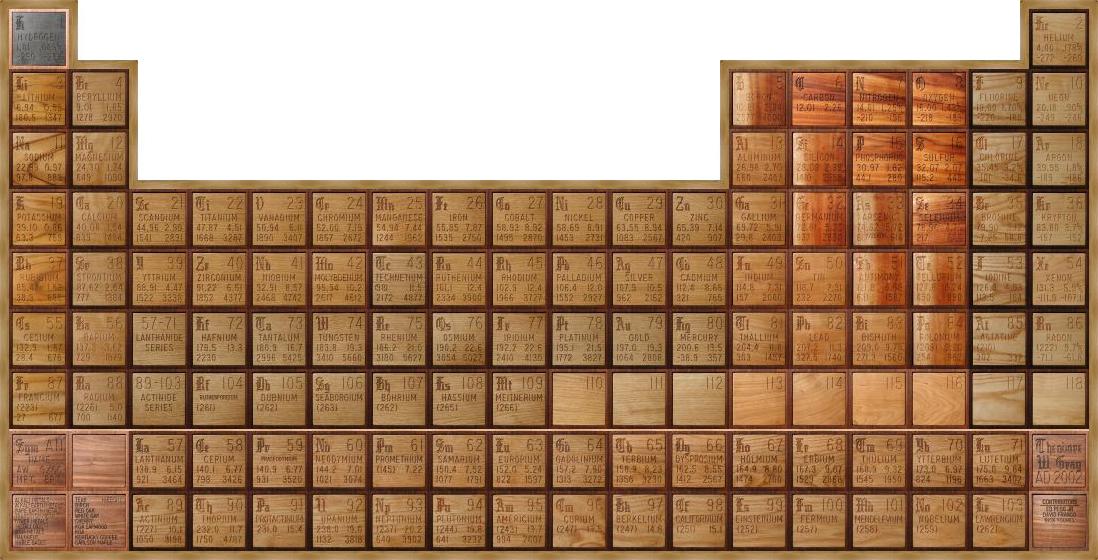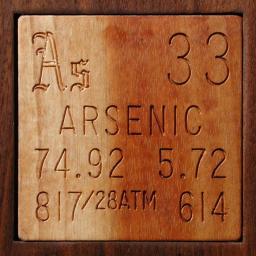Following last week’s thread about visitors experimenting and tinkering, we thought it would be interesting to discuss the idea of people making their own “exhibits” or even their own museums. This idea was sparked after we came across an interesting project called the MiniMusuem.
There’s something enchanting about this project, and here at the studio, it got us thinking about childhood memories like the little boxed rock collections from places like the Skyline Drive in Virginia
or old printing typeset drawers filled with well-organized marble collections, seed pods, or fishing lures.
The MiniMuseum also reminded us of the work of Theodore Gray who has developed The “Wooden Periodic Table” Table (yes, two “tables”).
An amazing piece of furniture (an actual, physical table) and celebration of chemistry (periodic table) – a homemade exhibit and maker exhibit.
Theodore Gray (who’s also a co-founder of Wolfram Research) has developed a rather extensive website not associated with his table.
These examples suggest another type of activity that could be included in the maker/tinkering spaces than are now springing up in many places. Certainly, there is the possibility of letting visitors “curate” or “categorize” samples, bring in their own collections, or work to find and organize samples.
All of these efforts invite visitors to explore and actually do some of the work that scientists and researchers do – as well as our fellow museum professionals.
We think this is a rather untapped area that could developed further. What examples like these have you come across? And, by the way, what did you collect when you were a kid?



